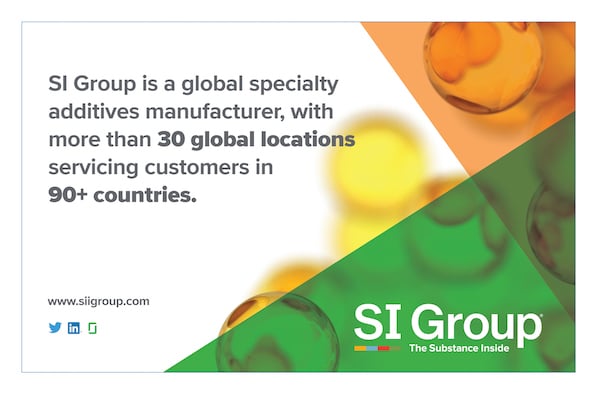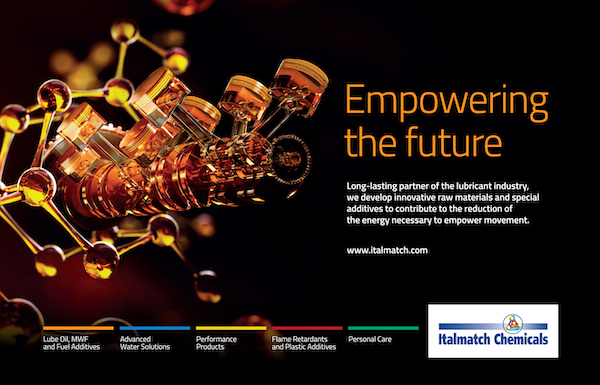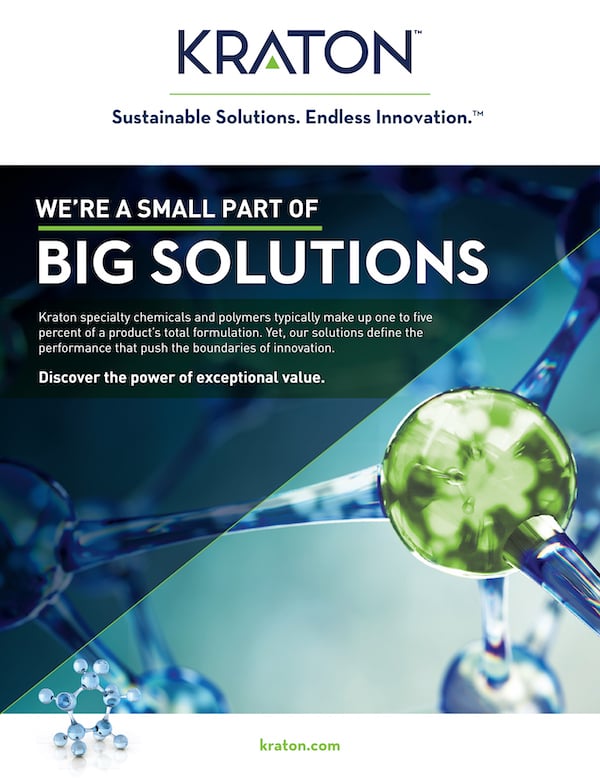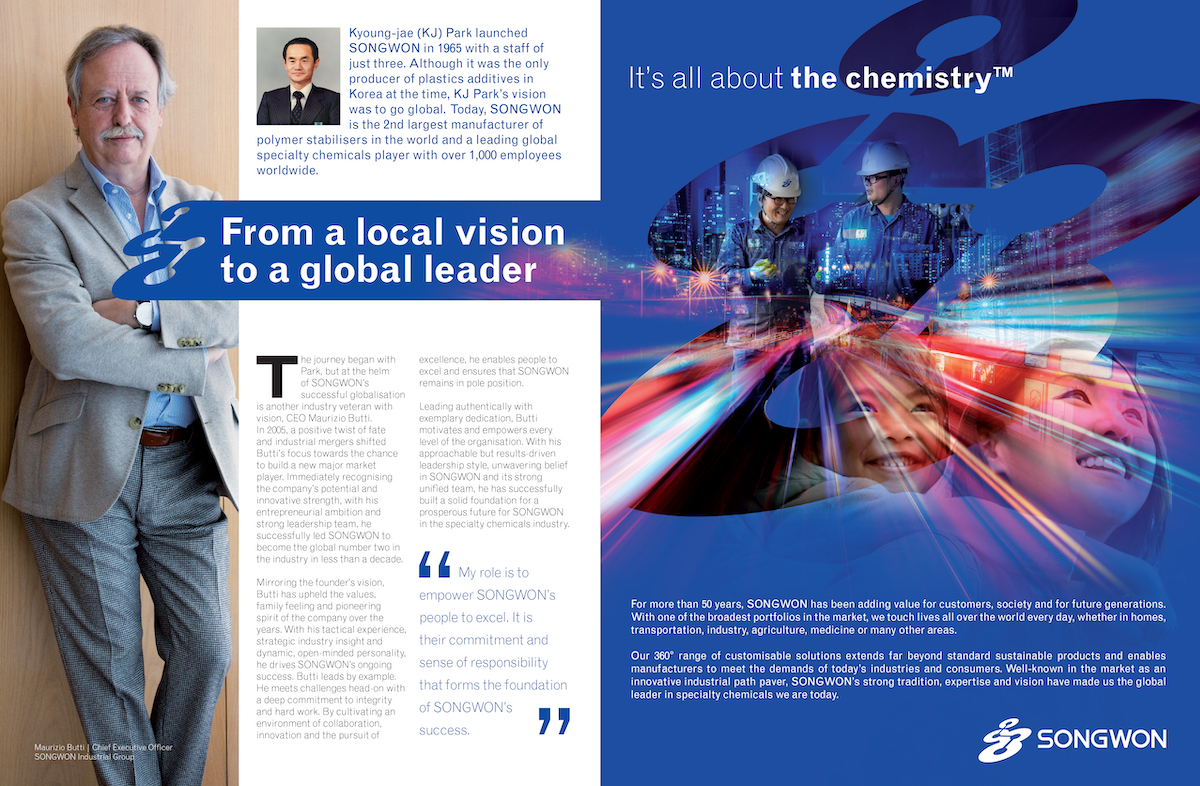Having lived and worked in Europe, North America and Asia, Philippe Creteur is familiar with leading multicultural teams. He says every country has a unique environment, but he is particularly fond of Singapore, where he is now based. “We have colleagues here who are enthusiastic about the future,” he says.
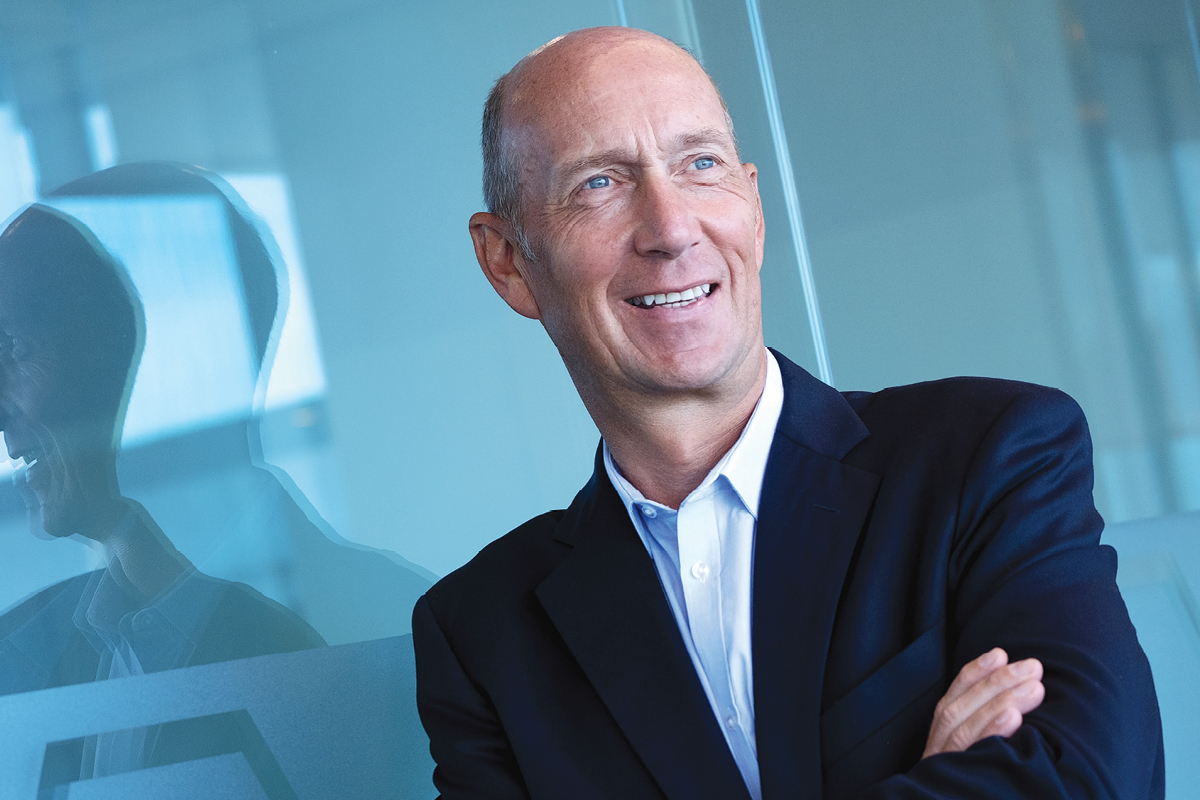
“Rarely do you hear cynical comments and pessimism around changes and new initiatives. People are eager to do more, do things differently and to try new things that you don’t find everywhere in the world. It’s refreshing.”
As expected, there are challenges in dealing cross-culturally as well. “There is a tendency to listen to what the boss is saying and not to challenge them too much,” Philippe explains. “When I don’t have the answers, I try to encourage people around me to help find the best one.
The culture in some countries isn’t ready to do that, so it is taking some time to adjust the mindset and to get people comfortable with challenging, but we are getting there.”
In 2006, Philippe joined Infineum, a joint venture of ExxonMobil and Shell, to develop, manufacture, market and sell additives for lubricants and fuels, as CFO. Over time, he was also given procurement responsibility. In 2016, he was appointed Executive Vice President Supply.
Instead of adhering to a specific style of leadership, Philippe uses different tactics as required, especially in various cultural settings. “I think that in today’s world, and in a global company, you need to understand the impact of leadership styles and when to use them,” he explains.
“I try to be sensitive to the environment and to adapt my style depending on the situation or the culture that I’m dealing with. I have my responsibilities and will take care of them. I try to be as clear as possible about the intent of what needs to be done and the boundary conditions associated with it, but I let my team find the best way to get there,” Philippe adds.
“Along the way, I’m here to provide help and support. I like to leave room for people to come up with creative solutions. I think that’s how we can develop as a company.”
Shift and simplify
Of utmost importance to Philippe and his team is that the product they deliver to their customers is well received. “Our products have narrow specifications and must meet demanding performance criteria,” he says. “We tend to be extremely prescriptive in the way we do things. However, there are many areas where you can leave a little bit of freedom for people in terms of how they do the job.”
The company is pushing for creativity in their internal processes and getting its people to challenge the way they work. “We tell them all the time, ‘You have the freedom to do whatever you want as long as you do not put yourself and others at risk and remain compliant with our policies and work standards,’” he explains.
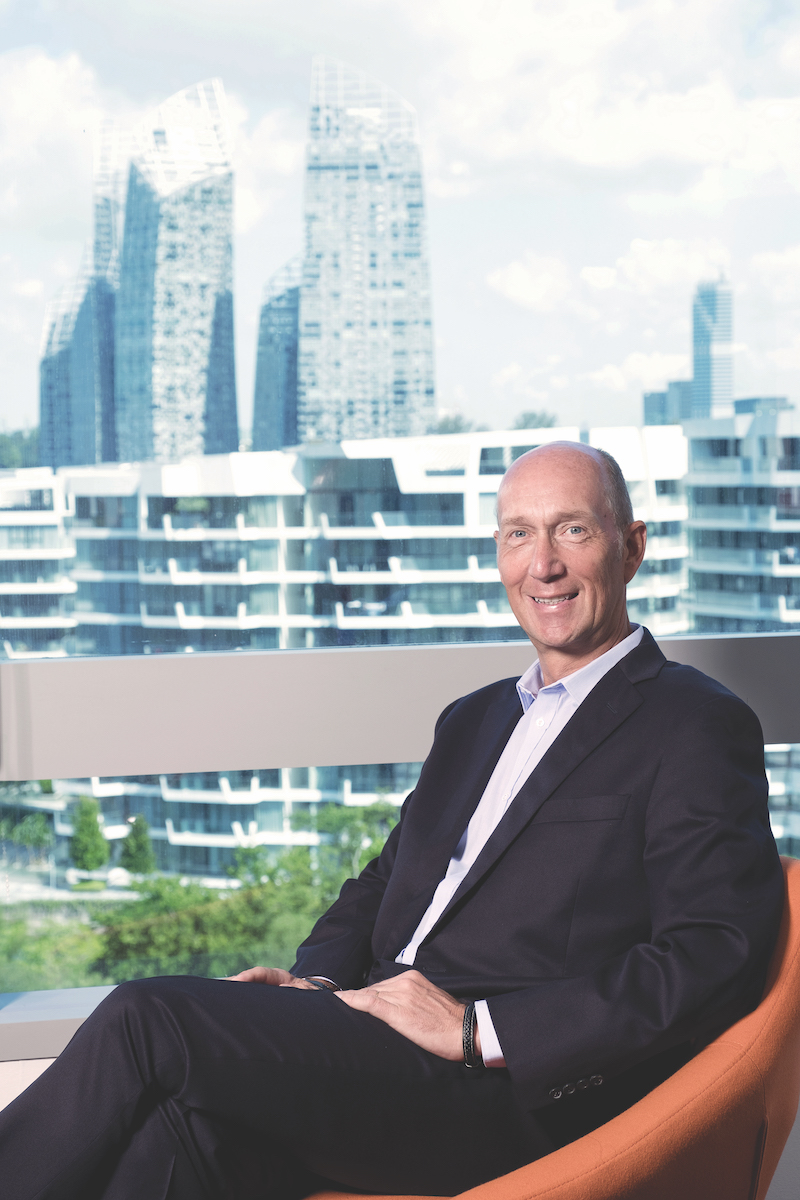
“In the chemical industry, you need to be a bit wary of that, and if someone doesn’t understand why we do things a certain way, they should feel free to ask questions, challenge and propose other solutions that might make better sense.”
Philippe believes in streamlining the way the team works to be more agile, eliminating work that doesn’t add value. “For many years we have been simplifying the way we work. From time to time, you must step back and see if there is another way of doing things that is as effective, but more efficient.”
Focusing on values
Infineum facilitates a culture of collaboration and affiliation. It’s a unique office, when so often human nature can provide obstacles to productive work. “People have the best interests of the company at heart,” Philippe says.
“You don’t have that culture you can see in other companies, where people point fingers at each other or blame others for mistakes.
“It’s special here because we see that people are proud to be part of this family and defend each other because we have the same agenda. Of course, we go through issues from time to time. We go through difficult moments, but I’ve never seen departments, or a member of the team, let other people down.”
Philippe describes the fundamentals of Infineum’s values to be safety, customer focus, ambition, respect for people and ethics. When there is a change in the organisation, management brings everyone on board. “We are open to challenges, but at the end of the day we try to be consensual,” he shares. “We pay a lot of attention to change management and help people understand why we are making changes. We don’t try to impose things on people because we don’t think that approach is sustainable.”
Along with this collaborative environment, Philippe believes companies need to make sure that employees understand the impact of what they are doing. “On occasion, we ask people what they are working on, and they can explain all the ins and outs of what they are doing,” he says. “Sometimes, it is solving a difficult problem for a customer, and they need to come up with a brand-new idea.
“Then you may ask the question, ‘How do you connect that to the money we are making? Is that going to drive additional revenues or margins, or cut costs? Sometimes, people struggle to answer this question.
“We need to enhance this kind of business acumen and passion for profit. Once we do this, people will see the link between what they are doing and the result; the link between them and how they drive value for the company and its shareholders.”
As with most companies in the modern world, Infineum encourages its employees to get involved in the community, something which Philippe is passionate about. “Every company needs to be socially and environmentally responsible,” he says. “You can’t have a company focused only on maximising the return to shareholders.”
“The chemical industry, in particular, has a role to play in helping to protect the environment,” he says. “We have a new Sustainability team focused entirely on helping Infineum to become more sustainable, supporting employees to drive improved processes and approaches to support this aim.
“The new generation of employees is much more sensitive to it than older generations and being sustainable will attract the younger generation to work for you. To attract the best people, the best talent, you need to have a strong response to the issue of sustainability,” Philippe explains. “Nowadays, you have to be environmentally responsible because customers are asking for it, and we are very aware that this is true of the entire supply chain.”
Looking ahead
The company has clear aspirations. It currently makes additives for lubricants and fuels to partner with the automotive industry and some applications outside automotive. “It’s a narrow field of operation,” Philippe admits. “So, we aspire to be a more diversified specialty chemical company.”
The reason for this aspiration is to grow aggressively compared with how they’ve been growing over the past few years and to prepare the company for the energy transition. “We know that in our industry the demand for additives is going to continue to grow over the next 20 years,” Philippe says. “The demand isn’t going to disappear overnight. We see growth over the next couple of decades.”
Nevertheless, Infineum needs to diversify from its usual operations. “We need to look into applying our strong core competencies to other industries,” he says. “No-one knows what the future of the internal combustion engine will be in an energy-transitioned world. However, there is an impact of new mobility paradigms and electrification to be aware of, and it is going to take time to plan and to embrace new types of initiatives to get into new territories.
For the time being, we are just exploring ideas but at least we have already started.” With substantial goals come substantial challenges. “We are very good at what we do,” Philippe assures. “We are doing it well – effectively and profitably.
We need to protect it because our industry will continue to grow. But growing outside our usual field of operation will require working with a different mindset. I think this is going to be the main challenge going forward.”
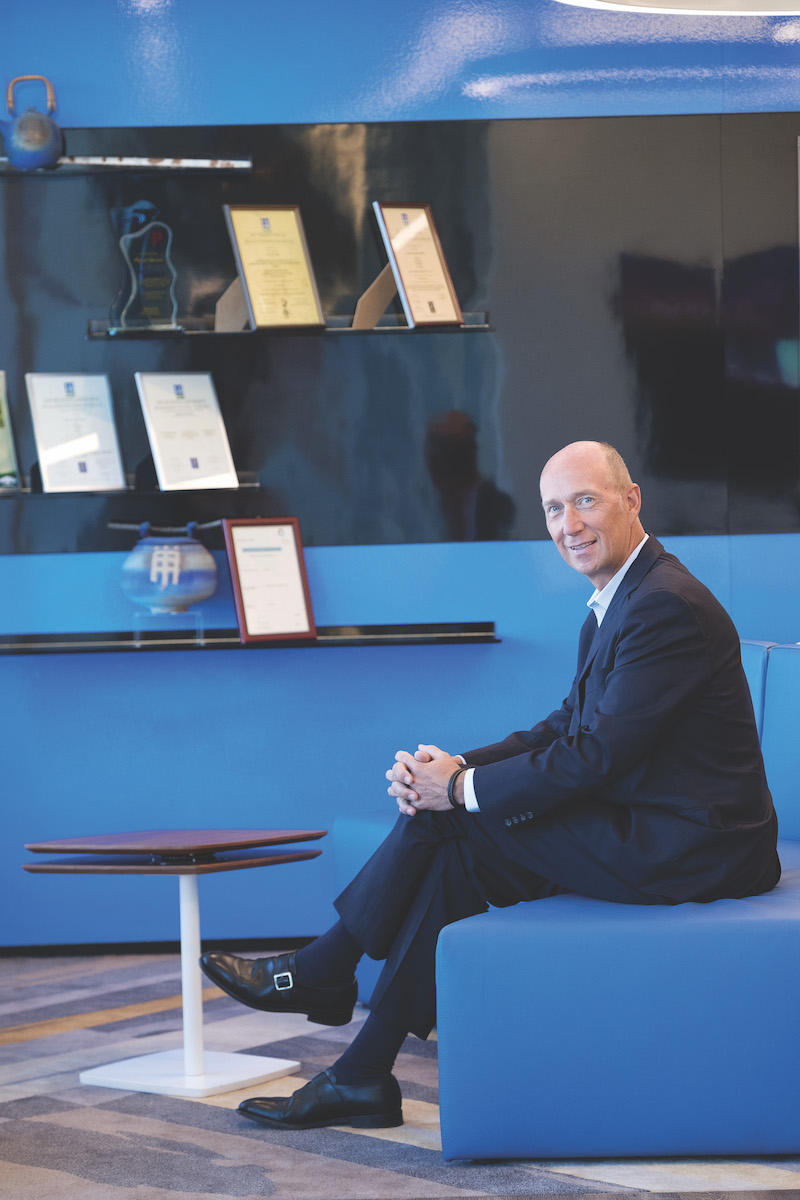
Philippe has learned not to assume that he knows everything. “Often, the higher you go in an organisation, the more you realise what you don’t know,” he admits. “You can help people connect the dots and provide context, but at the end of the day, you must make decisions.
“There is nothing wrong with asking for help. No-one knows all the answers to every question. You certainly need to understand the level at which to work daily, and you simply cannot get deeply into the details or second-guess what experts are doing. I think this is an important thing for us to do as leaders.”
Often, Philippe has seen people get complacent about the way they work if they don’t challenge themselves. He says everyone should find a way to get out of their comfort zone to find innovation.
“I call it the stretch zone,” he says. “If you go too far, people start panicking. But just at the edge of your comfort zone, you have the stretch zone. That’s where people get uncomfortable and do things that they are not used to. This is the place to innovate, to find new solutions. You must have a fresh perspective and challenge things; that’s how you get better.”
Giving back
As a leader, Philippe never takes for granted what he is doing and has always been attracted to companies that make things. “I’ve always wanted to work in the industry,” he recalls. “I’m less interested in the service industries. I like to see things created. It gives you the strong feeling that you are making something that improves people’s lives.”
He believes giving his team room to move motivates them. “I give everyone space,” he says. “New people who join the company are surprised by the number of things they can do and explore.
We put them in different projects on top of their daily tasks. People find motivation in this because there’s never a day that resembles the previous day, which I think people get excited about. They gain a great deal of experience and learn a lot within a short space of time in our company.”
He continues to find motivation through the people around him “who are blooming like flowers”. “I see people who are becoming the leaders of tomorrow,” he says. “I’ve learned a lot from the different companies I’ve worked in, and now it’s time for me to give back.
“I hope my legacy in Asia will be that we have a much stronger team, and from this team will emerge the future leaders of this company”.
Proudly supported by:
